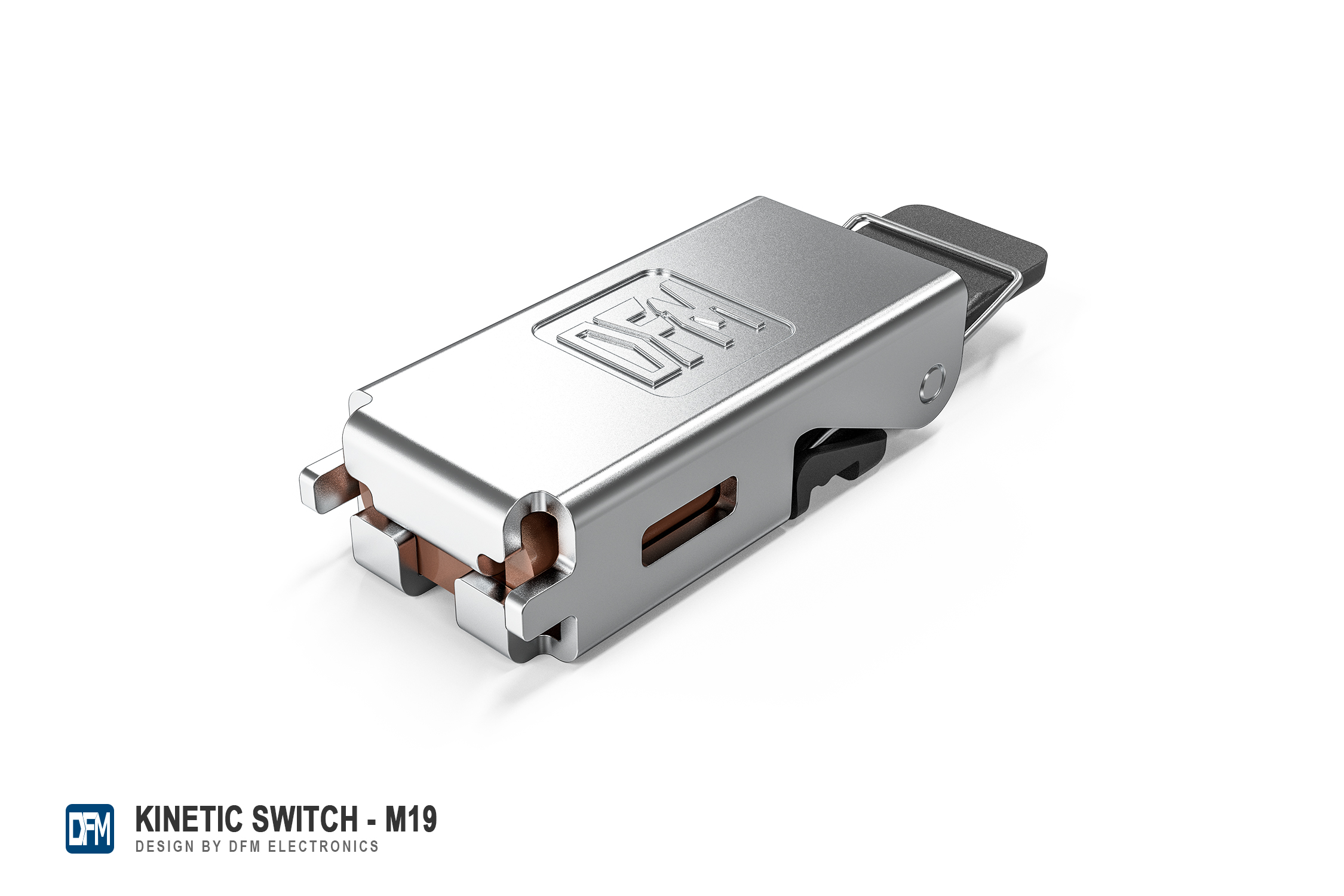In a competitive business environment, providing good after-sales service has become one of the key factors for business success. Consumers are not only concerned about the quality of the product itself but also focus on whether they can get satisfactory after-sale support after purchase. In this paper, we will discuss how to provide good after-sales service to build customer loyalty and promote the long-term development of enterprises.

Step 1: Establish a comprehensive after-sales service system
To provide good after-sales service, it is first necessary to establish a comprehensive after-sales service system. This includes setting up after-sales service hotlines, and customer service centers, and formulating clear after-sales policies and processes to ensure that customers can get help easily and quickly. At the same time, train a professional after-sales service team with good communication skills and problem-solving abilities to better meet customer needs.
Step 2: Establish a multi-channel communication platform
To better meet customer needs, companies should set up a multi-channel communication platform. This includes a variety of methods such as phone, email, online chat, and social media so that customers can choose the most suitable way for them to contact the after-sales service team. Responding to customer questions and feedback promptly and establishing fast and efficient communication channels will greatly enhance customer satisfaction. The company can set up a submission form on the website to provide a way for customers to communicate directly to improve communication efficiency and efficient cooperation.
Step 3: Develop a personalized after-sales service plan
Different customers have different needs, so developing a personalized after-sales service plan is an important part of providing good after-sales service. Understand the customer's purchase history, preferences, and types of problems, and develop corresponding solutions according to different situations. Through personalized service, customers will feel that the company cares about them, thus enhancing their trust in the brand.
Step 4: Build a strong knowledge base and training program
The specialized knowledge and skills of the after-sales service team are critical to providing quality service. Build a strong knowledge base with product information, FAQs, and solutions to help the after-sales service team better respond to customer needs. In addition, conduct regular training to ensure that the after-sales service team is aware of the latest product information and service processes, and improve their problem-solving skills.
Step 5: Actively collect customer feedback and make continuous improvement
Actively collecting customer feedback is a key part of providing good after-sales service. Through regular customer surveys, social media monitoring, and direct communication, understand customer satisfaction and reasons for dissatisfaction. Make continuous improvements based on feedback and adjust after-sales service strategies and processes to adapt to market changes and changing customer needs.
Step 6: Provide additional value-added services
To exceed customer expectations, companies can consider providing additional value-added services. This includes free training, an extended warranty period, regular maintenance services, etc. By providing these additional services, not only can you increase customer satisfaction, but you can also motivate customers to be more loyal to the products and services of your business. In addition, as a wholesaler, you can also provide some video guides and production pictures to help customers quickly understand how to use the product, but also to better publicize the new product.
Summarize:
Providing good after-sales service is not only a company's responsibility to its customers but also an effective way to build brand loyalty. By establishing a comprehensive after-sales service system, setting up a multi-channel communication platform, formulating personalized after-sales service plans, building a strong knowledge base and training programs, actively collecting customer feedback and continuous improvement, as well as providing additional value-added services, an enterprise can stand out in the fierce competition in the market and win the trust and loyalty of customers. Good after-sales service will become an integral part of a company's sustainable development.

 CN
CN












 Home
Home DFM
DFM  Jan 27,2024
Jan 27,2024 
 IP65 waterproof wireless switch: ideal for outdoor lighting control
IP65 waterproof wireless switch: ideal for outdoor lighting control 
 Jan 24,2024
Jan 24,2024 













